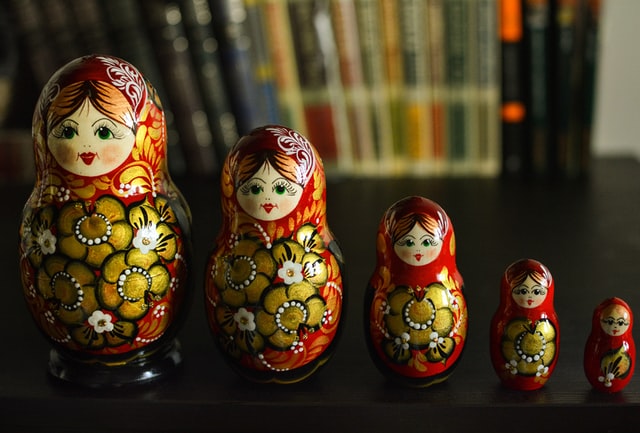
EEMEA | Global | Politics & Geopolitics

EEMEA | Global | Politics & Geopolitics
Russian President Vladimir Putin remains insistent that the invasion will continue until it secures the demilitarization of Ukraine. Officials from both countries are meeting for a third time today to negotiate a resolution to the war, which is now in its second week. But the chances of an immediate peace are slim.
The West, meanwhile, is ramping up its sanctions on the Russian economy to pressure Putin into relenting. But will they be enough? In these weekly reports, we update you on who and what are currently sanctioned, and on those countries still refusing to butt heads with Russia.
Countries Within the EU-US Alliance
Countries within the EU-US alliance have looked to hinder the Central Bank of Russia, oligarchs, and PEPs from using international resources (Table 1). They have also moved to block goods that could be used for military purposes from entering Russia, while reducing its ability to export. They have also added SWIFT sanctions to several banks. Here are the details:
This article is only available to Macro Hive subscribers. Sign-up to receive world-class macro analysis with a daily curated newsletter, podcast, original content from award-winning researchers, cross market strategy, equity insights, trade ideas, crypto flow frameworks, academic paper summaries, explanation and analysis of market-moving events, community investor chat room, and more.
Russian President Vladimir Putin remains insistent that his invasion will continue until it secures the demilitarisation of Ukraine. Officials from both countries are meeting for a third time today to negotiate a resolution to the war, which is now in its second week. But the chances of an immediate peace are slim.
The West, meanwhile, is ramping up its sanctions on the Russian economy to pressure Putin into relenting. But will they be enough? In these weekly reports, we update you on who and what are currently sanctioned, and on those countries still refusing to butt heads with Russia.
Countries within the EU-US alliance have looked to hinder the Central Bank of Russia, oligarchs, and PEPs from using international resources (Table 1). They have also moved to block goods that could be used for military purposes from entering Russia, while reducing its ability to export. They have also added SWIFT sanctions to several banks. Here are the details:
Countries outside the EU-US alliance have been less willing to impose sanctions on Russia. Some prefer economic neutrality at this point. Here are the details:

Spring sale - Prime Membership only £3 for 3 months! Get trade ideas and macro insights now
Your subscription has been successfully canceled.
Discount Applied - Your subscription has now updated with Coupon and from next payment Discount will be applied.
How do you guys expect China to play into all of this? Will they take on their role as a mediator? It seems like an opportunity for them to push relations with the west.
Are India wary because of their imports? Or is there another reason to not impose sanctions?